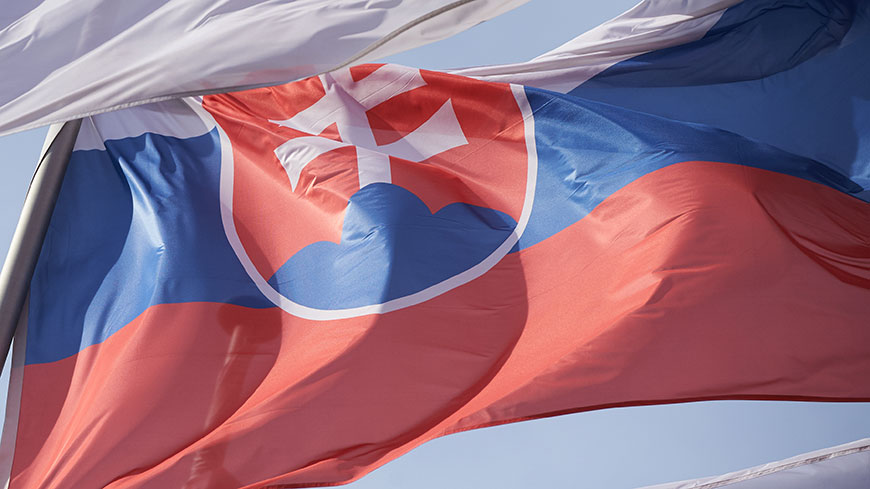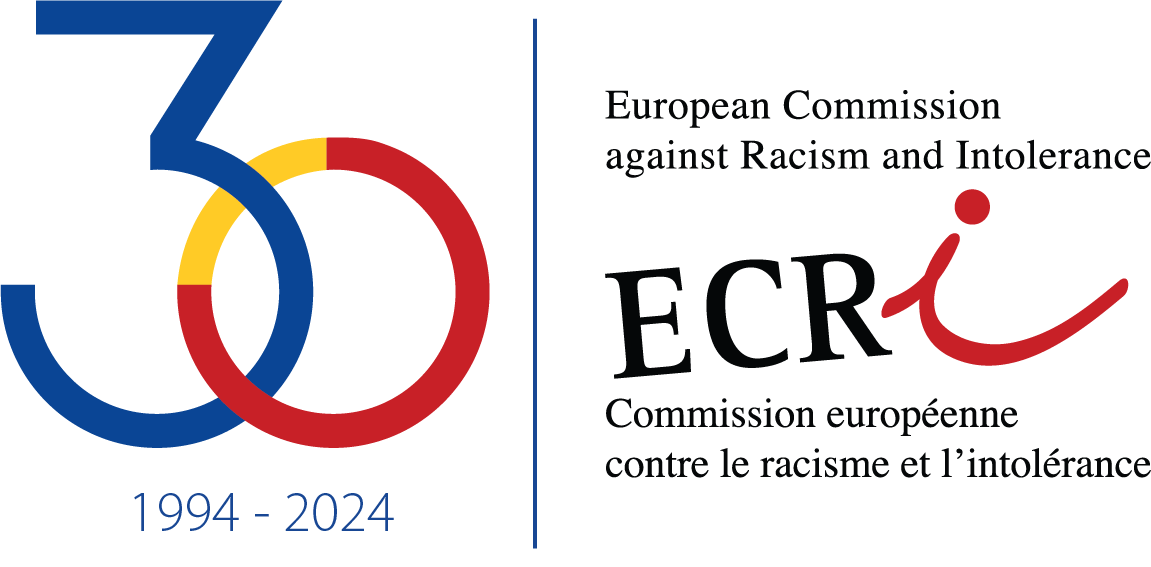In a report published today, the European Commission against Racism and Intolerance (ECRI) of the Council of Europe urges the Slovak Republic to further the education of the Roma, notably by adequately preparing children for compulsory schooling, and to develop an action plan for LGBTI persons in order to protect them against discrimination, hate crimes and hate speech.
Since the adoption of ECRI´s last report in 2014 the country has made progress in certain areas. There has been a significant increase in the budget of the National Centre for Human Rights, an action plan against racism was adopted, and sanctions for hate speech have been imposed to some politicians and media.
In addition, the Criminal Code provisions on hate crimes have been strengthened, and specialised units within the police, the prosecution services and the courts have been tasked with combatting these crimes. Aware of the poor living conditions of the Roma, the Slovak authorities have shown determination to improve their situation in education, housing and employment. However, important challenges remain to be addressed.
Despite certain improvements in attitudes towards LGBT persons, ECRI notes that a negative dynamic developed in recent years as a result of persistent anti-LGBT hate speech and regrets in particular the campaigns carried out by some political parties. A draft action plan discussed in 2015 aimed at improving the situation of LGBT persons was unfortunately not adopted in the end.
Thus, as a matter of priority, ECRI recommends the development and implementation of such a plan to make effective the right to equality of LGBT persons, to raise public awareness about the problems they face, and to protect them from hate crimes, hate speech and discrimination. ECRI also advocates eradicating the practice that forces transgender persons to undergo sterilisation in order to change their registered name and gender, which has no legal basis in Slovak law and is contrary to the case law of the European Court of Human Rights.
ECRI notes with concern that hate speech has also increased against other groups, especially Jews, Muslims, migrants, Roma and black persons, and regrets that internet operators remove very little of this hate content. Another concern is that many hate crimes go unreported to the authorities. ECRI recommends a number of reforms of criminal law, including making racist, homophobic and transphobic motives an aggravating circumstance for any criminal offence.
With regard to the Roma, the report notes that many still live in shanty towns in conditions of segregation, discrimination and extreme poverty. It draws particular attention to several problems related to the education of Roma children, who can often not attend pre-school and learn Slovak before entering primary school even though it often becomes their language of instruction. ECRI therefore calls on the authorities to build a sufficient number of nursery schools and to train and recruit the teaching staff necessary to teach Slovak to Roma children. Furthermore, it urges the authorities to put and end to the segregation of Roma in specific schools and classes, which still affects far too many Roma children.
ECRI welcomes initiatives to restore Roma trust in the police, such as plans to recruit some 2,000 Roma as members of civil patrols. However, it considers that more should be done in this area, in particular as regards investigations into police violence against Roma, and notes that the intervention of the police and the army during the Covid-19 pandemic caused a lot of fears of stigmatisation among the Roma.
ECRI recommends that the independence of the police inspectorate be reinforced or another body, which is independent and adequately resourced, be tasked with investigating allegations of racist, homophobic and transphobic police abuse and that the wearing of body-cams by police officers during interventions be generalised.
Other recommended measures are strengthening the independence of the Slovak National Centre for Human Rights; ending the discrimination of Roma women in obstetrics departments at hospitals; and establishing an independent committee of inquiry to investigate the past practice of sterilising Roma women without free and informed consent and proposing a compensation scheme.
The report, which takes account of developments up to 1 July 2020, contains 15 recommendations to the Slovak authorities. Two of them should be addressed as a matter of priority: the development of an action plan for LGBTI persons and ensuring that Roma children have access to education that prepares them adequately to attend primary school.
- Report and Government comments (English)
- Report and Government comments (French)
- Report and Government comments (Slovak)




